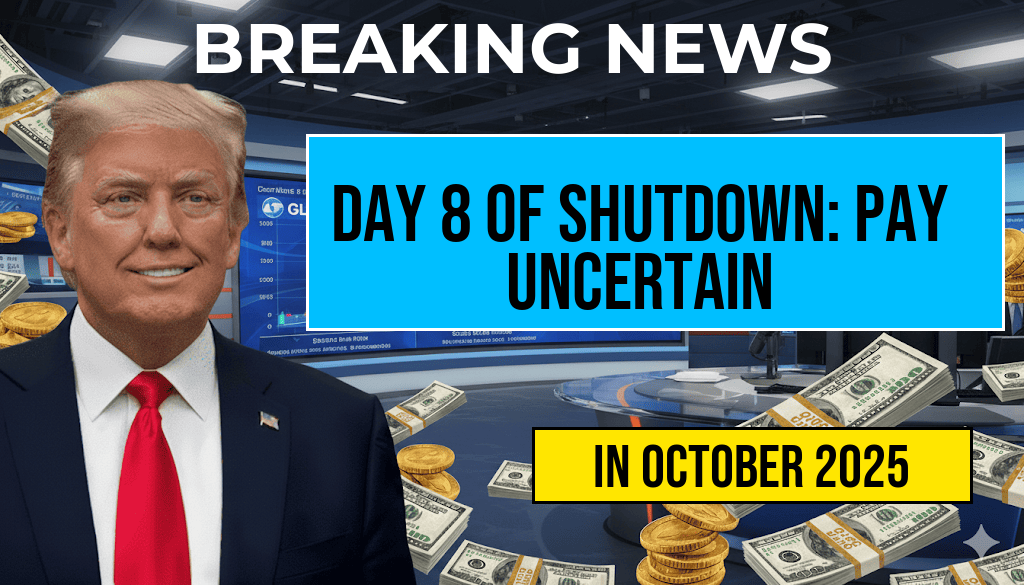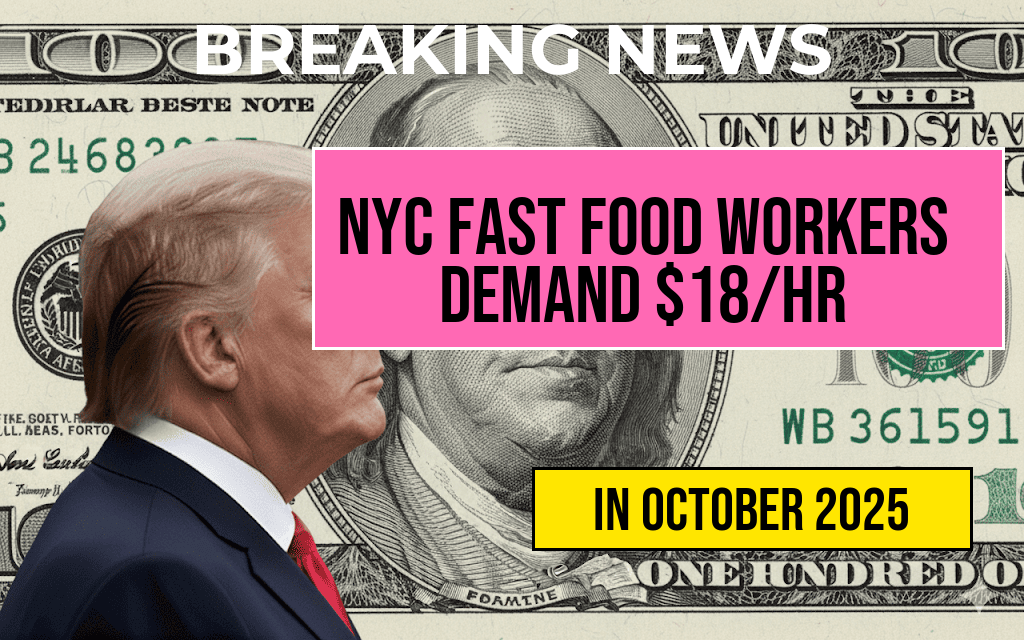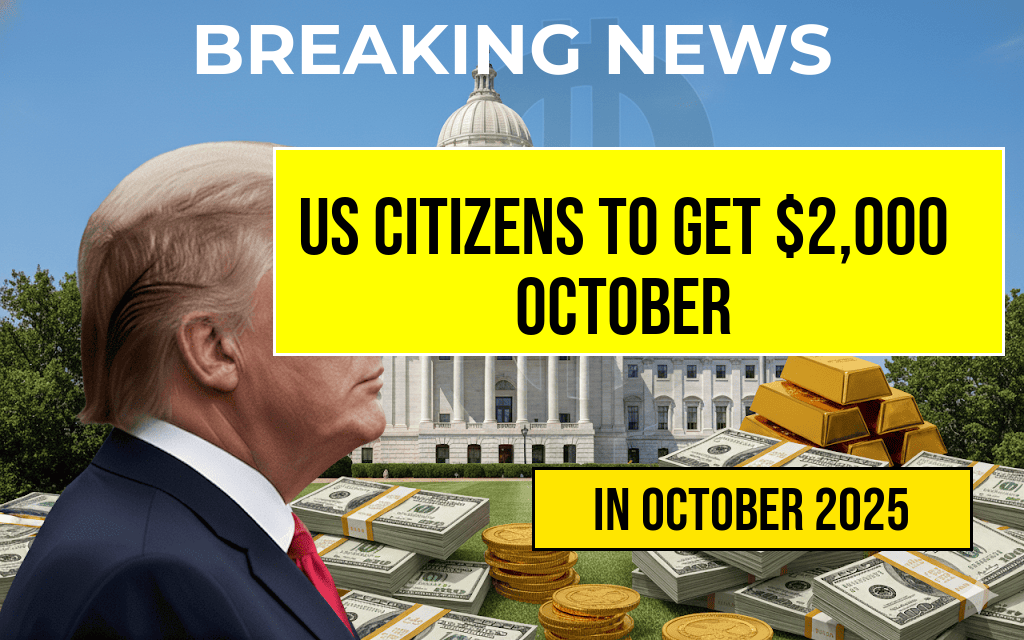As the United States enters its eighth day of a federal government shutdown, uncertainty looms over the paychecks of millions of federal workers. With negotiations between congressional leaders and the Biden administration stalemated over budget allocations and policy disputes, the prospect of continued unpaid leave raises concerns about financial stability for government employees and the services they provide. While some agencies have implemented emergency measures to mitigate the impact, the fate of full paychecks remains uncertain for many. Experts warn that prolonged shutdowns can have ripple effects across the economy, affecting both federal workers and the broader public who rely on government services.
What Does the Current Shutdown Entail?
The shutdown began after Congress failed to pass appropriations bills or a temporary funding measure by the October 1 deadline. As a result, non-essential federal operations have been halted, and hundreds of thousands of federal employees have been furloughed without pay. Essential personnel, such as law enforcement, military service members, and health officials, continue working but often face delays in pay or uncertainty about their compensation schedules.
Federal Workers Face Pay Uncertainty
Will Federal Employees Receive Full Pay?
Unlike some past shutdowns, this current impasse leaves many federal workers in limbo regarding their upcoming paychecks. The White House has indicated that federal employees will generally be paid once funding is restored, but there is no guarantee of immediate payment, especially for those furloughed or working without pay during the shutdown period. Historically, during previous shutdowns, Congress has sometimes authorized retroactive pay, but such measures are not automatic and depend on legislative approval.
Impacts on Different Agencies
- Department of Defense: Military personnel continue to serve without paychecks if the shutdown persists, though the Pentagon has announced that paychecks may be delayed for some service members.
- Healthcare Agencies: Veterans affairs and health services experience disruptions, with many clinics closed or operating with limited staff, impacting veteran care and public health programs.
- Internal Revenue Service (IRS): Tax processing and refunds are delayed, adding to the financial strain on taxpayers and small businesses.
Economic and Social Ramifications
Extended government shutdowns can have significant economic consequences. The Congressional Budget Office estimates that each week of shutdown costs the U.S. economy billions of dollars in lost productivity and consumer spending. Small businesses that rely on federal contracts or permits face delays, and public confidence in government operations can erode with prolonged closures.
| Area | Impact | Duration Effect |
|---|---|---|
| Federal Payroll | Potential delays or unpaid wages | Prolonged shutdown increases financial hardship |
| Public Services | Service disruptions in agencies like the IRS, National Parks, and social programs | Extended closures diminish service availability |
| Economic Activity | Reduced consumer spending and business delays | Persistent shutdowns deepen economic strain |
Political Dynamics and Next Steps
Negotiation Stalemates
The core dispute centers around budget allocations and policy riders, with Democrats and Republicans blaming each other for the impasse. Republicans demand policy concessions, while Democrats seek to maintain current funding levels for social programs and government operations. Negotiations are ongoing, but a resolution remains elusive as both sides dig in.
Legislative Options
- Continuing Resolution: Congress could pass a short-term funding bill to reopen the government temporarily, buying time for further negotiations.
- Full Appropriations: A comprehensive budget agreement would require bipartisan consensus, which seems unlikely in the immediate future.
- Retroactive Pay Legislation: Lawmakers could pass measures to compensate furloughed workers once funding is restored, though this does not address the financial hardship faced during the shutdown.
Expert Perspectives and Public Concerns
Financial analysts warn that prolonged shutdowns could undermine public trust and disrupt vital government functions. “The longer this continues, the more profound the economic impact, especially for those living paycheck to paycheck,” says experts in government shutdown economics. Many federal employees are expressing anxiety over missed mortgage payments, healthcare costs, and daily expenses, highlighting the human toll behind political stalemates.
Legal and Policy Considerations
Legal experts note that federal employees are protected to some degree by legislation that ensures back pay following a shutdown, but the timing and certainty of such payments depend on congressional action. Additionally, some agencies have limited authority to continue essential services using contingency funds, but these are insufficient to cover all operations.
As negotiations continue, the question remains: will federal workers receive their full pay, or will they face financial hardship amid ongoing government operations? With no clear end in sight, the situation underscores the fragility of government funding processes and the urgent need for bipartisan solutions.
Frequently Asked Questions
What is the current status of the government shutdown on Day 8?
The government shutdown has entered Day 8, affecting various federal agencies and services. Negotiations are ongoing, but no resolution has been reached yet.
Will federal workers receive their full pay during the shutdown?
Most federal workers are uncertain about full pay. Typically, during a shutdown, non-essential employees face pay delays, but essential workers may still receive compensation depending on legislation and agency policies.
Are essential federal employees still working without pay?
Yes, essential federal employees are generally required to continue working during the shutdown, but their paychecks may be delayed until the funding is restored.
What are the potential financial impacts for federal workers affected by the shutdown?
Many federal workers may experience financial hardship due to missed paychecks. Some may need to rely on savings or emergency assistance until funds are released.
Is there any legislative action expected to end the shutdown soon?
Lawmakers are actively negotiating to resolve the shutdown. An agreement or funding bill is needed to restore government operations and pay to federal workers.





